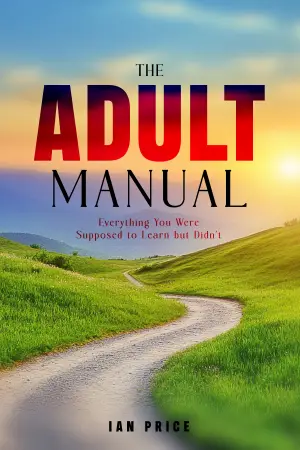As an avid fan of alternate history and speculative fiction, I was instantly intrigued by the premise of What If Rome Survived? This book presents a fascinating exploration of a world in which the Roman Empire never fell, evolving into a global superpower. Given my penchant for alternative narratives that challenge our understanding of history, I eagerly delved into the text, excited to see how the author envisioned a thriving Eternal City.
From the outset, I was struck by the creativity and depth of this narrative. The book not only reclaims Roman grandeur but pushes it into a future ripe with imagination—industrializing long before our actual timeline, with steam-powered legions and intricate AI-led governance. This vision of Rome feels not just plausible but thrilling; it invites readers to consider the cascading effects of a civilization that never faltered. I particularly enjoyed the seamless integration of technology and military strategy, showcasing a Rome with advanced weaponry so powerful that it was left unchallenged.
However, while the book showcased a plethora of engaging elements, I had some reservations. One point that some readers raised was the pacing; I can understand why. There were segments where the narrative felt dense with ideas, making it a slower read at times. As someone who enjoys a fast-paced storyline interspersed with rich detail, I sometimes found myself longing for lighter moments amidst the heavy philosophical discussions surrounding power and governance.
What truly captivated me, though, was the sheer scope of world-building. The narrative takes us on a journey not just through a reimagined Roman empire, but into the cosmos, where this civilization made strides to reach the stars. This aspiration was both enthralling and thought-provoking, serving as a powerful reminder that human imagination has no bounds. The book’s promise of exploring “the moment Rome reached the stars… and beyond,” did not disappoint and met my high expectations of a gripping alternate history tale.
Yet, I must address another common critique that resonates with my own experience: the characterization. While the grand ideas of the plot shine brightly, I found some characters lacked the depth that made me truly invest in their journeys. They felt somewhat more like vessels for the larger concepts rather than fully fleshed-out individuals. This minor flaw, however, did not overshadow my overall enjoyment.
In conclusion, What If Rome Survived? is a spectacular intellectual thrill ride that masterfully intertwines history with speculative concepts. While it does have pacing issues and characters that serve the plot rather than drive it, the brilliance of the alternate world it builds is more than enough to keep readers engaged. For anyone who has ever pondered the "what ifs" of history, this book is a must-read. I wholeheartedly recommend it to fans of alternate history, speculative fiction, and those curious about the possibilities of a different reality. Step into this eternal empire and prepare to be amazed!








